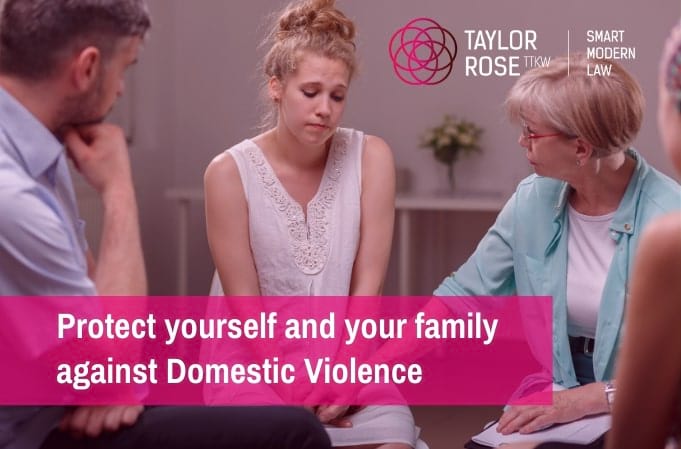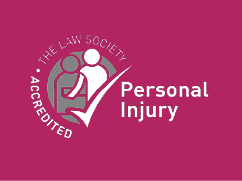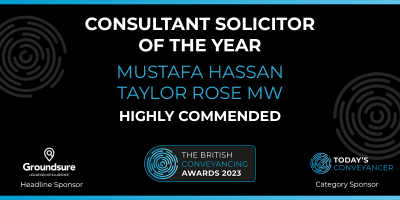Blogs
How to apply for a non-molestation order?

SUSHMA AWTANI >
Consultant Partner & Family & Senior Immigration Solicitor
Thu 2 April 2020
If you have suffered from domestic violence you may be able to apply for a court injunction to protect yourself. This type of injunction orders are called non-molestation orders and occupation orders. The application for an injunction could be for a period of time or act as an interim injunction.
Legal test for domestic violence
Domestic violence or abuse includes all kinds of physical, psychological, sexual, financial and emotional abuse.
A court order can prohibit your ex-partner from using or threatening violence against you or instructing a third party to do so. A non-molestation order can include very specific provisions based on the situation. For example prohibiting all telephone communication where there has been a pattern of harassment via these means.
For an application to be successful, there must be the following;
- evidence of the behaviour complained of; and
- evidence that the applicant or a child are in need of protection; and
- that an order is needed to control the behaviour of the respondent.
An order only becomes effective when it has been served on the respondent.
Breach of a non-molestation order is now a criminal offence and gives the police power to arrest.
An occupation order provides for who can live in the family home (or certain parts of it) and can also extend to who can enter the surrounding area if necessary.
How toi apply for an urgent non-molestation order
If you think there are exceptional reasons, you may ask the court to consider your application immediately and without the respondent being served with any documents (‘ex-parte’, also known as ‘without notice’). Any order which is made will still need to be served after the hearing.
If an order is made without notice, you will be given a further appointment to attend the family court hearing. The respondent is entitled to be present at this appointment. This gives the judge time to consider both sides of the stories before deciding whether to make another order.
Protection if you are not a UK citizen
Many victims of domestic violence don’t realise that if they are in the UK as the spouse, civil partner, unmarried or same-sex partner of a British citizen or a settled person or a member of HM forces who has served for at least 4 years and experience domestic abuse, they can apply for Indefinite Leave to Remain. The grant of an injunction is not mandatory but if it is successful, it provides evidence of the abuse and strengthens the application.
If you have more questions about how to apply for a non-molestation order, or for legal advice to protect yourself and your family, please contact Sushma Awtani on 020 7400 7725.





















